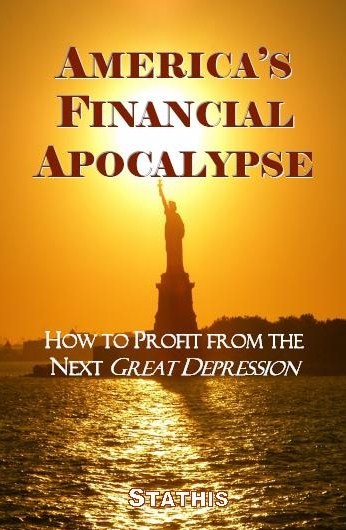Mark Chapters 15 and 16
Mark Chapters 15 and 16 - Christogenea on Talkshoe 12-16-2011
Last week we concluded with the end of Mark chapter 14, and the unlawful trial of Yahshua Christ in the court of the high priest. There we saw that while they wanted to have Christ executed, they had a problem with consistent witnesses establishing a charge worthy of a capital offense. Therefore the high-priest himself provoked Christ in order to instigate a charge that satisfied those taking part in the judgment against Him.
XV 1 And immediately at morning making counsel the high priests with the elders and the scribes and all the council, binding Yahshua they led Him off and turned Him over to Pilatos.
Here we see that after the mock show-trial in the home of the high priest, they still required a meeting in order to work up a plan by which they could convincingly present Christ to Pilate as a criminal who was worthy of execution. When Judaea was designated a kingdom, up until the time of Herod Archelaus, the king had the privilege of trying capital offenses. However when Judaea was reduced to a province, and a Roman governor was set over it by the emperor, the local political leaders lost that privilege, and only the Roman governor could try capital offenses. Christ having had many followers, the high priests could not risk politically the murder of Christ by themselves. In Matthew chapter 26, verses 3 through 5, we learn that the high priests had been planning for a way to execute Christ, while avoiding a “tumult among the people”. Since it was the feast, Jerusalem was typically very crowded at this time, and a major disturbance would have invited an inquiry by the Roman officials. They had to pressure the Roman governor into complying with their wishes. A Roman citizen, such as Paul of Tarsus, would have the right to appeal to Caesar. We see in Acts chapter 27 that Paul, not wanting to trust either the Judaeans or a possibly corrupt governor with his fate, exercised that right. However Christ, not being a Roman citizen, did not have that right.






 Please click here for our mailing list sign-up page.
Please click here for our mailing list sign-up page.







